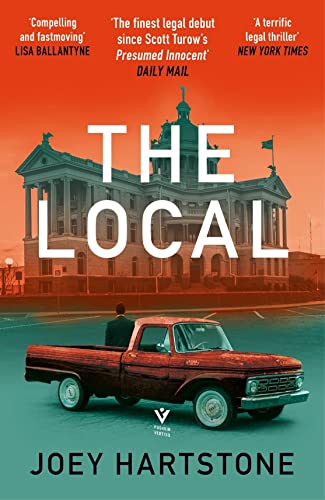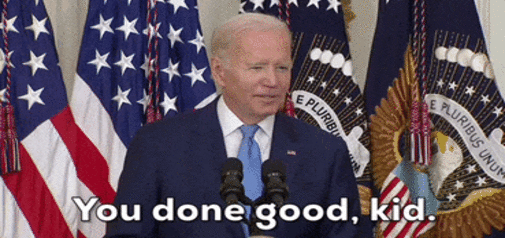What do you think?
Rate this book


305 pages, Paperback
First published June 14, 2022
One by one, plaintiffs in EDTX were not only winning their patent cases, but they were also being awarded ungodly sums of money. This created a gold rush.
Lawyers, politicians, hell, even sociologists would spend the next decade trying to explain what was going on with these juries in East Texas—they were not only unusually sympathetic to plaintiffs in patent cases but were also prone to delivering verdicts with huge dollar amounts. Thousands of legal articles and dissertations were written on the subject, but it all boiled down to this: when people who are overlooked for their entire lives are given a modicum of power, they will wield it with great force.
So where did I come in? Lawyers are licensed to practice law in specific jurisdictions, namely in the state or states where they have passed the bar exam and where their law firms are based. When a case takes lawyers out of their jurisdictions, they need to add someone within the new state to the team. That someone is called local counsel.
A local can do as much or as little as the rest of the team demands. Often, a local counsel does nothing more than advise the team on any unique quirks of that particular venue and serve as a signatory on any documents that need a regional John Hancock. All of this can be done for a nominal fee. Clients may never even realize that a local is on their team. That's how it used to be in Marshall. After all, intellectual property law is complex, and no one in East Texas had ever tried a patent case. Lawyers here, though, had other skills that aren't taught at top ten law schools. It didn't take long for white-shoe law firms to discover that something was missing, something essential that local counsels could provide.
Here's a scenario that happened too many times to count. A twin-engine Cessna Citation with the inevitable moniker "Law Firm One" touches down at the quiet Harrison County Airport. Six attorneys step off their firm's jet, all wearing bespoke suits purchased on Madison Avenue. A private car, probably from Dallas, picks them up and drives them five miles, past broken fences and run-down trailers, into town. They march into the courthouse with Italian leather briefcases and polished expert witnesses. A casual observer may understand that this doesn't go over too well with our juries, but rich and powerful people often lack self-awareness. There was a major disconnect between our humble citizens of Marshall and these corporate attorneys from big cities. To make matters worse, some of thee people thought they could fake their way into the good graces of the jurors. I've seen out-of-town lawyers go straight from the airport to the Boot Barn on Pinecrest Drive, buy a pair of shiny new Buckaroos, and then walk their blistered feet into court as if they've just come from the ranch. Mistakes like this have cost clients millions.
The top patent law firms around the country began to realize that what was missing from their teams was someone who spoke the language, someone who could connect with the eight citizens on the jury. The more we locals were asked to speak, the more the jurors seemed to listen. Locals, who for so long had been undervalued and underused, were finally being called upon to perform an indispensable service. Like strong pinch hitters and clutch relief pitchers, our roles were small but vital. And we began to be paid accordingly.
So it came to pass that the best trial lawyers were not in Houston, Austin, or Dallas but rather in a small corner of the state, practicing an area of law that none of us had ever studied, working on cases worth tens or even hundreds of millions of dollars. We were the final component to a billion-dollar industry, a magnificent legal universe created by one visionary judge in Marshall, Texas.

 come to my blog!
come to my blog!